In the vain laughter of folly wisdom hears half it's applause
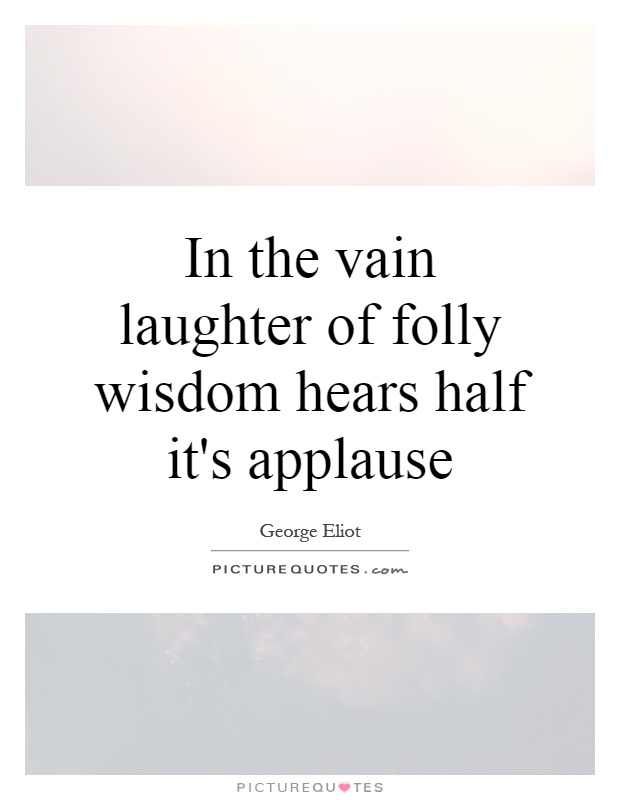
In the vain laughter of folly wisdom hears half it's applause
George Eliot, the pen name of Mary Ann Evans, was a renowned Victorian novelist known for her insightful and thought-provoking works. Her novels often delved into complex moral and philosophical themes, exploring the intricacies of human nature and society. One of the recurring themes in Eliot's works is the contrast between wisdom and folly, and the idea that true wisdom often goes unrecognized or unappreciated in a world that values superficiality and frivolity.The quote "In the vain laughter of folly wisdom hears half its applause" encapsulates this theme perfectly. It suggests that true wisdom is often overshadowed by the superficial and shallow pursuits of folly, and that those who possess true wisdom may not always receive the recognition or praise they deserve. In a world where appearances and social status often take precedence over substance and depth, wisdom can be easily overlooked or dismissed.
Eliot's novels are filled with characters who embody this dichotomy between wisdom and folly. Characters like Dorothea Brooke in "Middlemarch" or Silas Marner in the eponymous novel struggle to find their place in a society that values material wealth and social status over inner growth and moral integrity. These characters often face ridicule or misunderstanding from those around them, as their wisdom and insight are not always appreciated or understood by others.
Eliot herself was a woman ahead of her time, challenging the conventions of Victorian society and advocating for social reform and intellectual freedom. In her own life, she faced criticism and prejudice for her unconventional beliefs and lifestyle choices. Like many of her characters, Eliot understood the loneliness and isolation that can come from being a voice of wisdom in a world that values folly.
Ultimately, the quote "In the vain laughter of folly wisdom hears half its applause" serves as a poignant reminder of the importance of recognizing and valuing true wisdom in a world that often overlooks it. Through her novels, George Eliot invites readers to look beyond the surface and seek out the deeper truths that lie beneath the veneer of society's expectations. In doing so, she challenges us to reconsider our own values and priorities, and to strive for a deeper understanding of ourselves and the world around us.
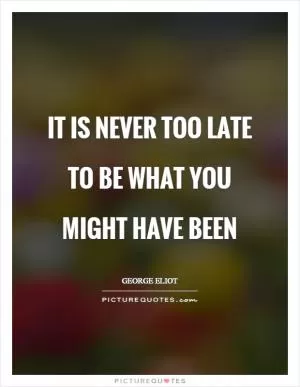

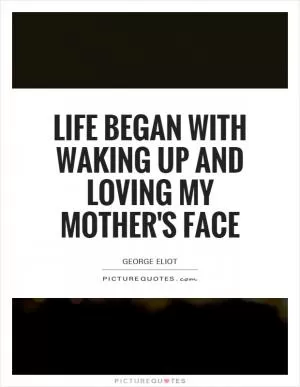
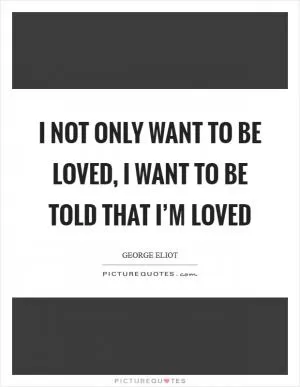


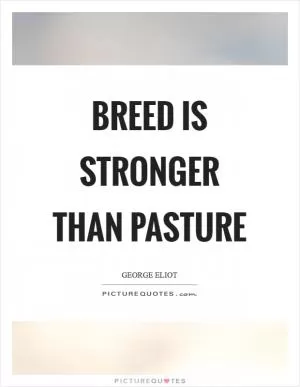

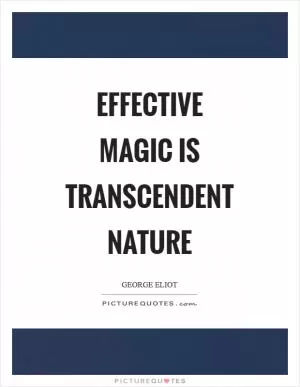
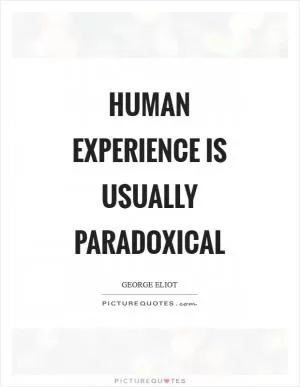
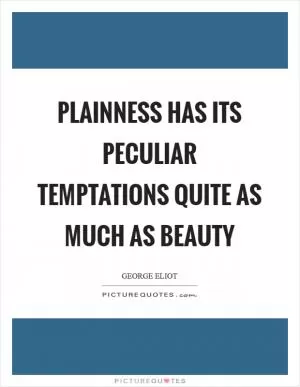
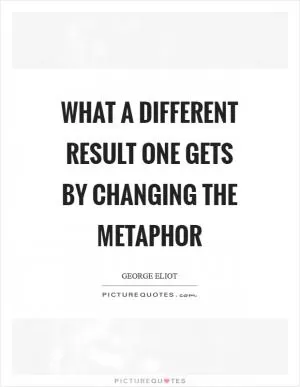
 Friendship Quotes
Friendship Quotes Love Quotes
Love Quotes Life Quotes
Life Quotes Funny Quotes
Funny Quotes Motivational Quotes
Motivational Quotes Inspirational Quotes
Inspirational Quotes